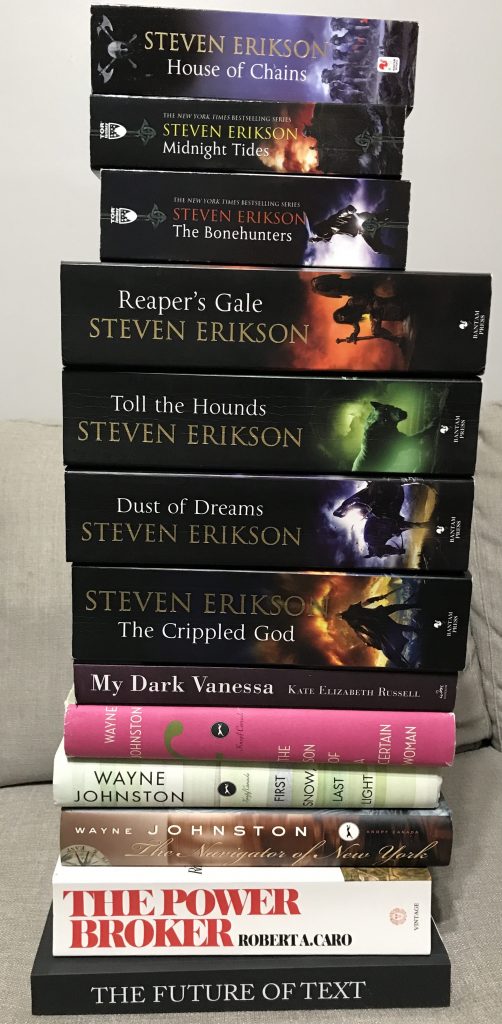It’s the smell of a fresh start and with it, the intentions of millions, all vying to make this year just a bit different for themselves. I am no exception, of course, as all things require constant re-evaluation and reconsideration.
However, to start things anew, I wanted to focus on evergreen ideas that work, are simple and just require action. What better way to begin that process than with Heinlein’s rules for writing.
Robert Heinlein was a prolific science fiction writer who had a great influence on the field. Back in his days as a pulp writer (a group whose work ethic and discipline I envy), he wrote an essay on the writing of speculative fiction. At the very end, he offered these five rules to follow if you wanted a successful career:
- You must write.
- You must finish what you start.
- You must refrain from rewriting except to editorial order.
- You must put it on the market.
- You must keep it on the market until sold.
Five very simple rules, but so incredibly hard to follow. Yet, any writer who can faithfully follow them will find success. This is more in reference to those who are in it for decades rather than the one-hit wonder looking for accolades to stroke their ego.
I admit to being horrible with rules 2 and 4. Those have always been the bane of my writing existence, however, there’s never been a better time to follow these rules to heart. The plethora of tools and platforms out there are a dizzying array of marvel for the writer who just wants to sit, write and let technology automate the rest.
Am I concerned about discoverability?
Credibility?
Marketing?
Nah.
Those are nothing more than subjective classifications inside the mind of a person. After all, I’m sure we can all point to a wildly successful author who, in our minds, “is a horrible writer” who “writes crap.” From Austen, to Hemmingway, to today’s Nobel Prize winners in literature—someone always has something to critique.
Besides, I find writing fun.
I just need a kick in the pants to finish and put it out there.
Here’s to a different year. Happy 2021!
